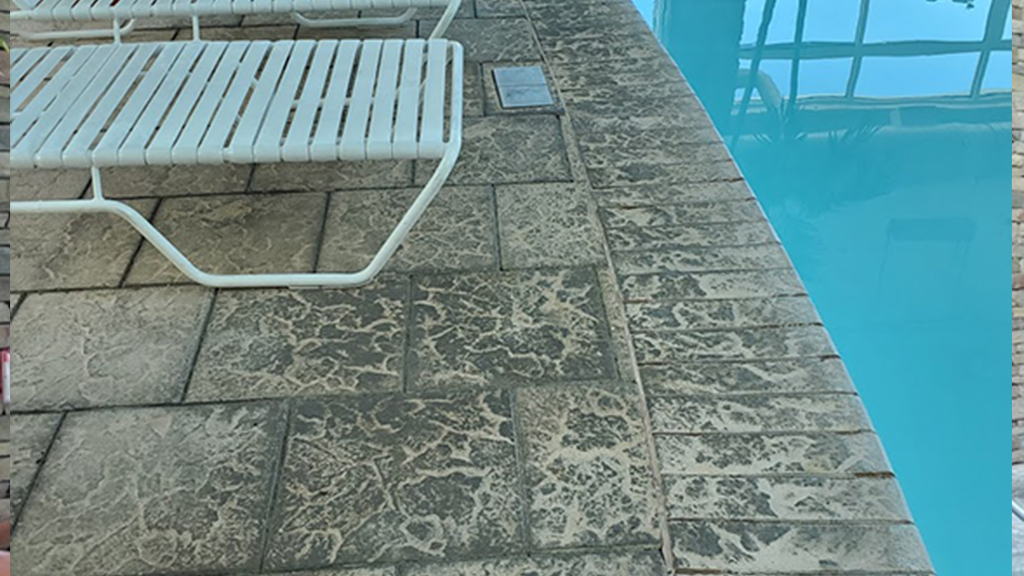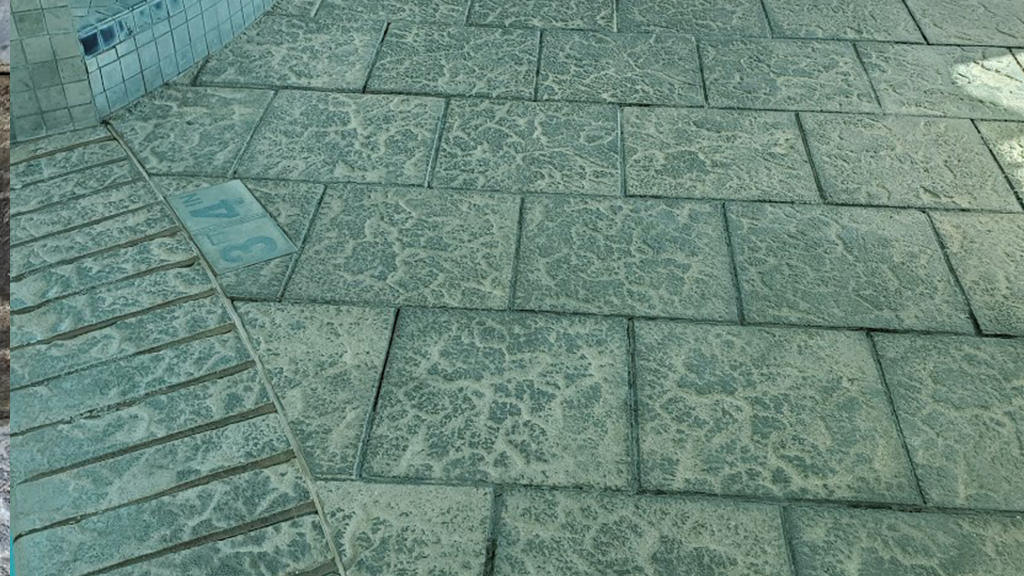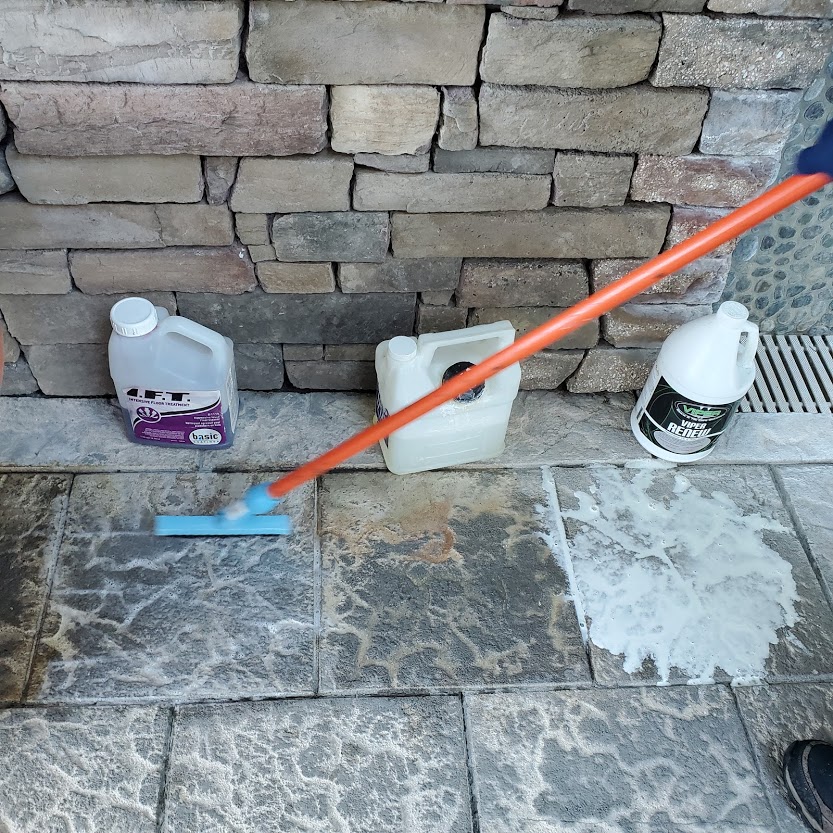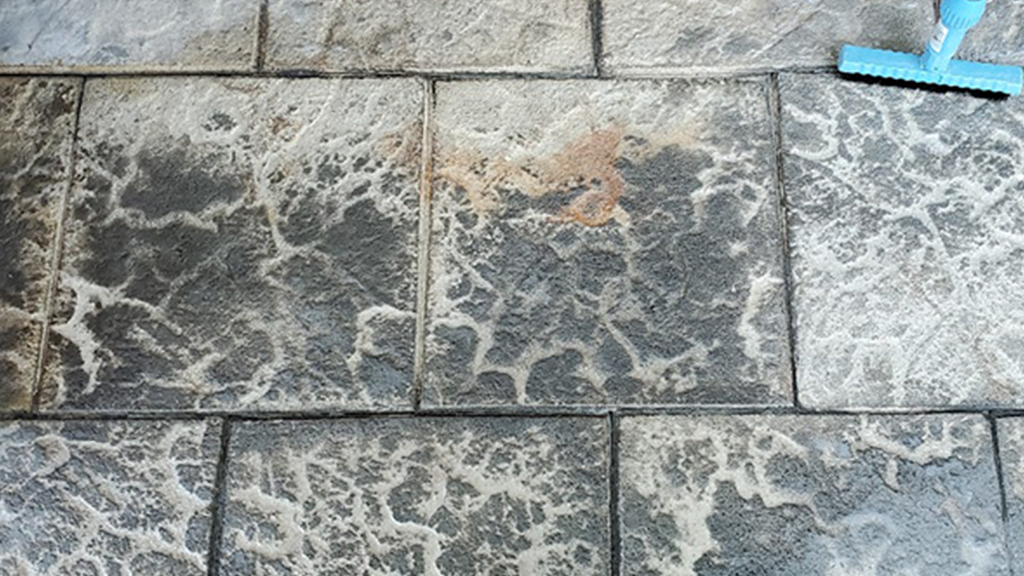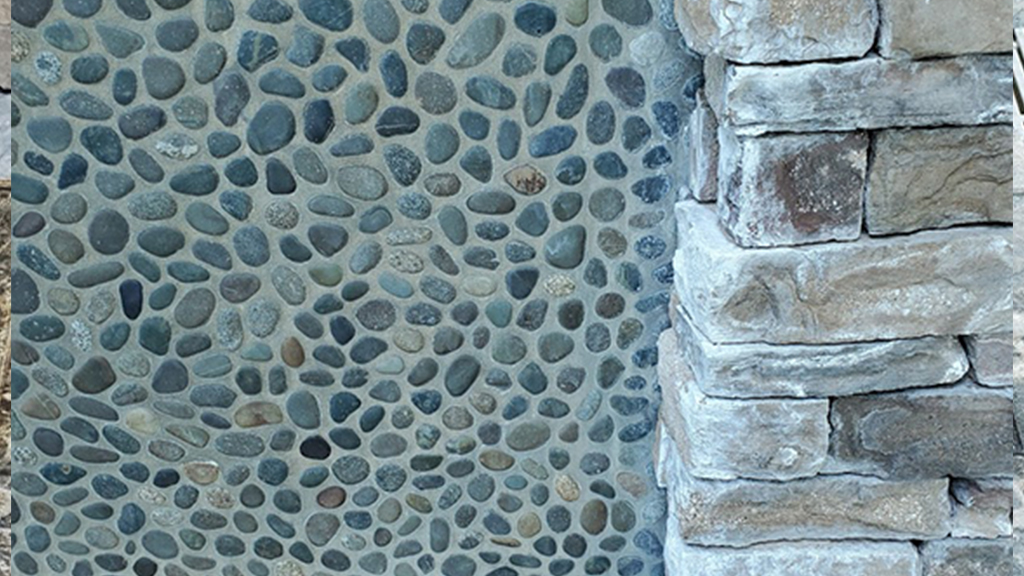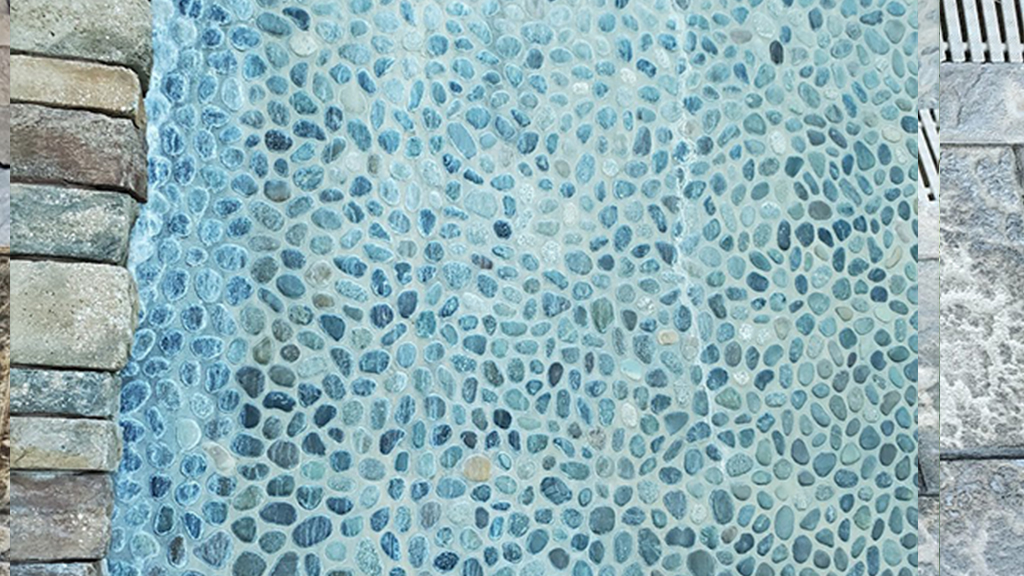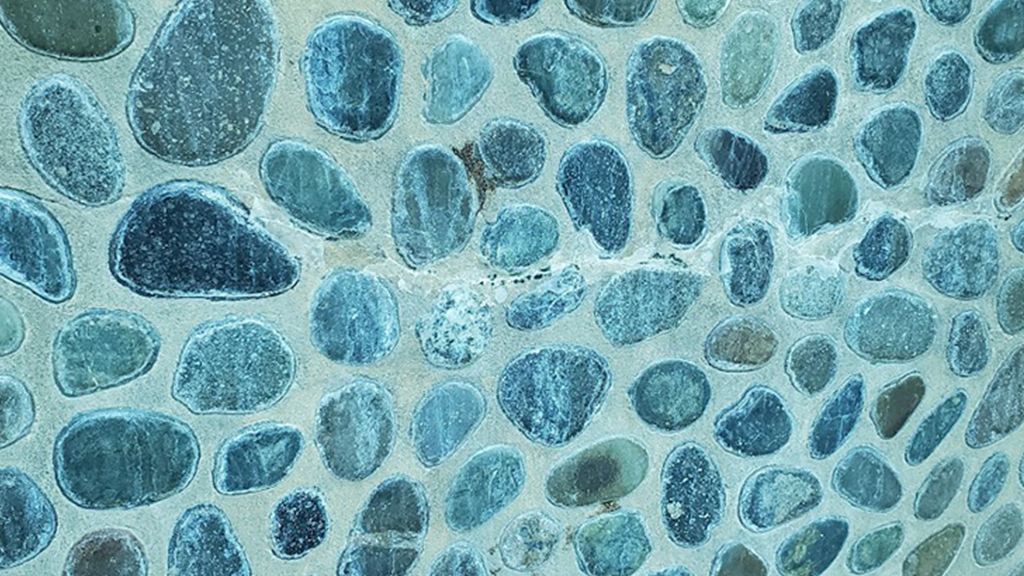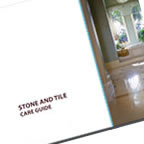Coral Stone Uplift at SeaPointe Village
- Home Case Studies Coral Stone Uplift at SeaPointe Village
Debating whether to restore their coral stone lobby, or replace parts of it, SeaPointe board members opt for some repair and restoration.
Knowing their needs were well beyond basic floor care, board members and the head of the village property management team began the hunt for stone restoration contractors to help them. On their “to-do” list is to address the coral stone in their lobby and elevator halls in their north and south buildings. And hopefully some cost effective solutions will tide them over for a bit as opposed to facing some very costly and disruptive replacement procedures.
For those not in the know, SeaPointe Village is a quiet, lovely oceanside “secret” in Wildwood Crest, and visiting renters and buyers are certainly welcome!
SeaPointe Village is Wildwood Crest’s lovely oceanside, hidden “crown jewel” nestled quietly at its southern end. A private condo community, it is comprised of several buildings and is filled with beautifully coiffed grounds abundant with flowers, waterfalls and strolling sidewalks. Add 4 outdoor pools, 1 indoor pool, tennis courts, basketball and other recreational facilities, it offers an ocean tropical respite for owners, renters and guests alike. Once arriving, there is little reason to leave this Jersey Shore Paradise!
And while the residents enjoy what is probably a three+ season, the staff is all business. One can easily say it takes another “village” to keep this place top notch and running, which is where we come in.
With Spring just around the corner, the inside projects are scheduled, then as the weather breaks attention turns to outside details and tasks.
The problem-the coral stone in the elevator hall is distressed and is suffering significant damage from constant foot traffic. And, a settling issue needs more attention.
The coral stone, installed in 1979 is stressed and in need of help. Clearly cost prohibitive to replace, the care takers have to consider repair options. And on the table are 2 options, either replace the worst area, confined by a border of tile, or, clean and somehow fill the voids with filler.
The coral stone, like travertine, has “voids” growing, some the size of the bottom 1/4- 1/3 of a baseball (yikes)!
Folks with travertine stone are familiar with voids in stone. In fact, like travertine, coral stone is manufactured and has voids or pooch mark holes that are filled with material to make the stone uniform and smoother once again. Small voids are common and no big deal. However, several of the voids are appearing powdery, and some are growing. One particular one is wide and deep as the bottom 1/4- 1/3rd of a baseball, uneven and jagged. It is growing and becoming larger and widening as it follows the veins and fissures in the stone.
Areas within the coral stone tiles look powdery, and is not a good thing.
Upon close inspection the powdery areas are areas where the stone is decomposing. Hence, although the voids can be filled to repair the tiles, the overall strength of the adjacent areas is weakened. For this reason we recommended that the isolated area be replaced. Along with them researching the cost to replace those coral tiles (with a similar but not exact match), we were asked to provide a repair estimate. The board at this time has elected to choose the repair option.
The north building has a significant settling crack.
Inspecting this concern revealed that there is a 20′ stress crack due to settling. In view of the bigger picture this crack is the result of settling and structural movement. Therefore, it is mutually understood our repair efforts are only temporary. The goal here is a modest improvement. So, we know our marching orders here.
The board decides on the clean and fill option.
Rather than tear out a modest area of the coral stone the board decides on the clean and fill option.




